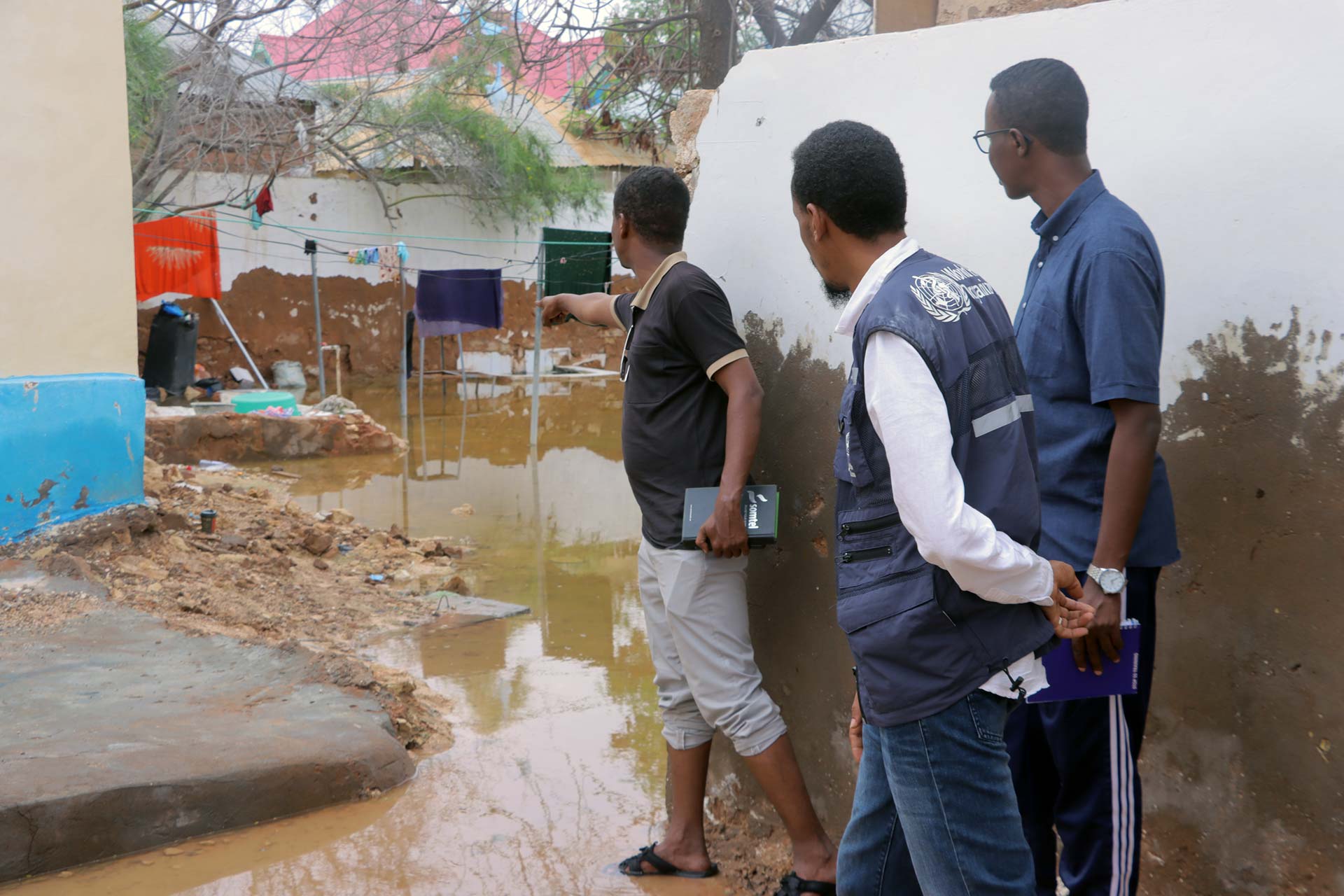
RC72 discusses how to make health system recovery a cost–effective investment to advance equity, performance and sustained peace
Cairo, October 13, 2025 — The Eastern Mediterranean Region, as it stands today, will require years of rebuilding in the countries affected by protracted conflict and fragility. For both the people of the Region, who continue to endure physical and psychological trauma and live through hunger and malnutrition, and for health systems – with health facilities destroyed and besieged, and doctors abducted – the adverse impact on health is immeasurable.
As Member States meet in Cairo, Egypt, for the 72nd Regional Committee for the Eastern Mediterranean, hostilities in the occupied Palestinian territory persist; Sudan faces the largest displacement anywhere in the world; and violence in Yemen, Syria and Lebanon either sporadically continues or deepens.
The impact of climate change and natural disasters has added a disproportionate burden. Afghanistan, already exceptionally fragile, faced another earthquake last month, while neighbouring Pakistan reels from recurrent floods driven by climate change, and Iraq is experiencing its driest year since 1933—one of the worst droughts on record.
Currently, the Eastern Mediterranean Region faces 16 graded emergencies, with over 115 million people in need. These concurrent and protracted crises — armed conflict, disasters, disease outbreaks, the impact of climate change and economic collapse — have overwhelmed institutions, disrupted essential services, and deepened humanitarian needs.
The technical paper Health systems recovery in fragile and conflict-affected situations in the Eastern Mediterranean Region—presented at the 72nd Regional Committee of the Eastern Mediterranean—examines health system recovery needs in the Region and outlines strategic actions for Member States and partners.
Health systems recovery is not a luxury but a strategic necessity. Recovery is not merely about restoring what was lost, but about reimagining and rebuilding systems that are stronger, more equitable, and more capable of withstanding both past realities and future shocks, in line with the unique needs of countries and communities.
While highlighting the tremendous challenges, the paper advocates that rebuilding must adopt a “Build Back Better” approach—addressing not only immediate needs but also the underlying drivers of conflict and fragility, while advancing universal health coverage (UHC) and health security.
The operational framework outlined in Health systems recovery in fragile and conflict-affected situations in the Eastern Mediterranean Region provides a practical approach adaptable to country contexts, aligned with WHO 14th General Programme of Work, WHO’s Regional Strategic Operational Plan, and rooted in lessons from across the Region.
Health system recovery is also a bridge to peace. Equitable and resilient health systems contribute to state legitimacy and community trust—helping to reweave the social fabric torn by crisis. When recovery efforts are inclusive, nationally led, and responsive to local needs, they can help mitigate drivers of fragility and conflict. In this way, health care becomes not only a service, but a foundation for reconciliation, resilience, and long-term peace.
Member States are invited to endorse the corresponding resolution as a key milestone towards achieving UHC, health security and other health-related Sustainable Development Goals (SDGs).
However, frameworks alone are not enough. What is needed now is political will, sustained financing, and a Member States’ commitment to act—especially in the most complex and neglected settings.
The Eastern Mediterranean Region has already demonstrated that recovery is possible, even in the face of deep fragility. The challenge now is to ensure recovery processes are institutionalised, planned, and supported.
The future of health in the Region depends on it.








